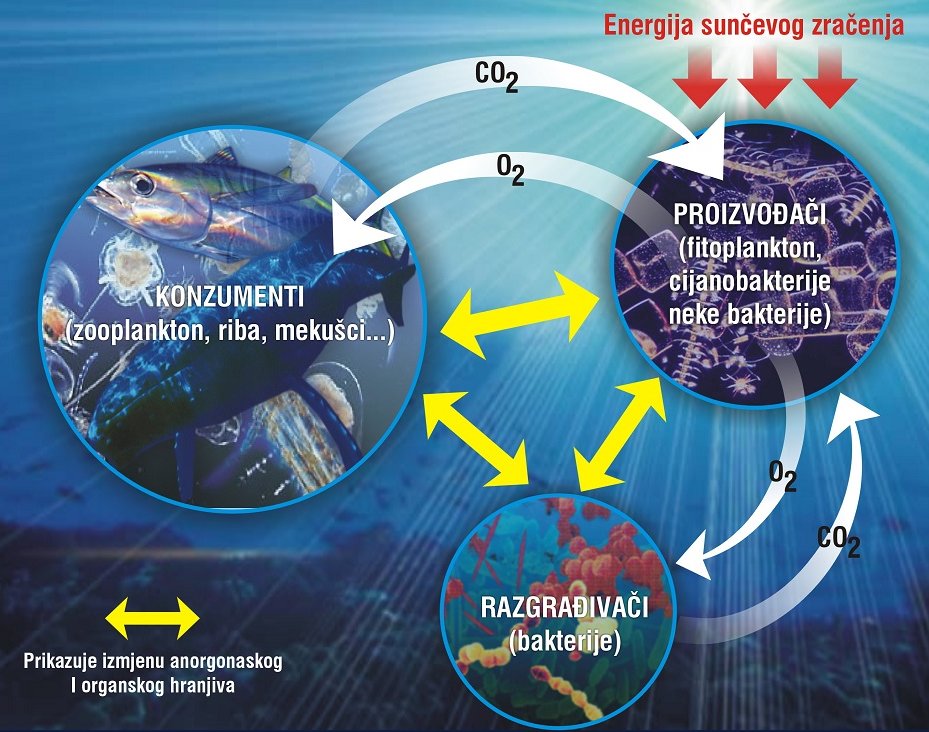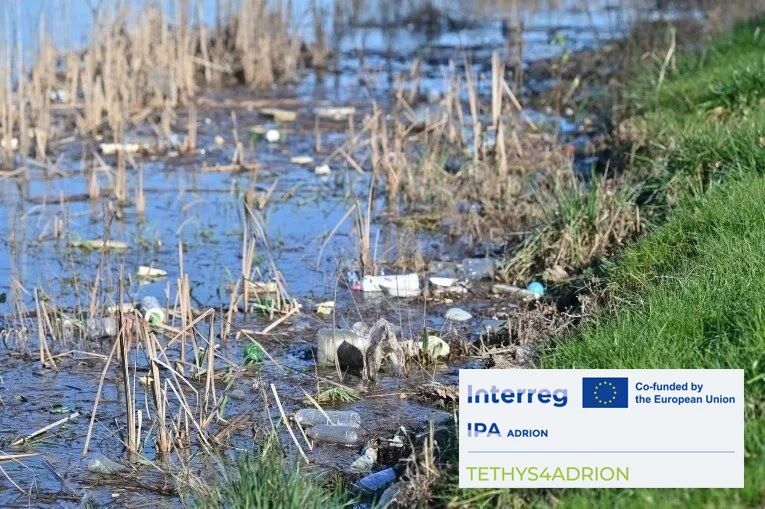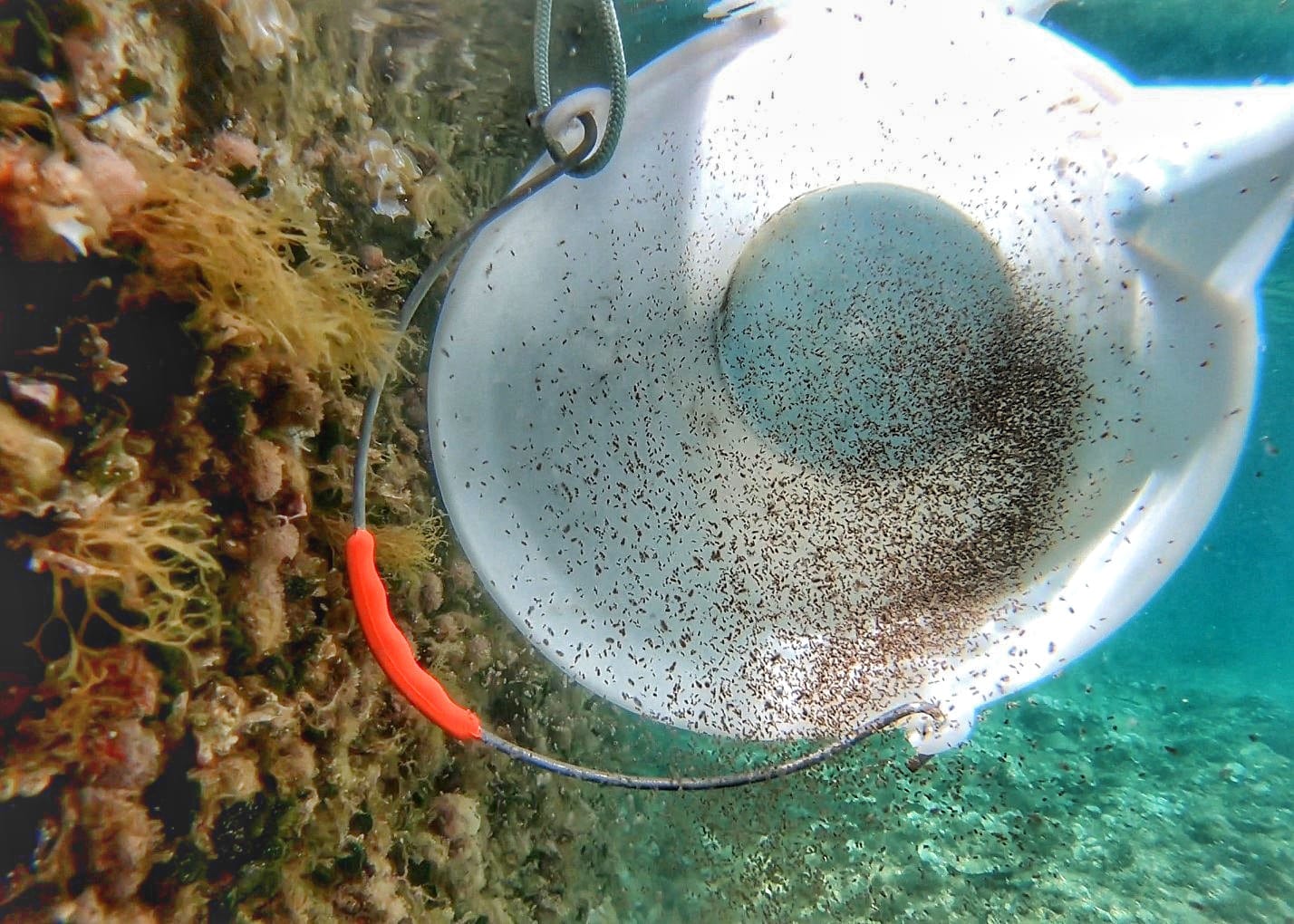We all notice how rising sea temperatures affect large marine organisms such as fish and corals, but what about the invisible world of microscopic organisms?
Marine bacteria are literally the foundation of marine life. They play a key role in the marine ecosystem, breaking down organic matter and recycling nutrients to maintain the natural balance. However, temperature has a significant impact on their metabolism, growth rate and interactions with other marine organisms.
Since bacteria make up the largest part of living biomass and are involved in all biogeochemical processes, warming of the sea can seriously disrupt their dynamics, which can have far-reaching consequences for the entire marine world. As the Mediterranean and especially the Adriatic Sea are extremely sensitive to climate change, it is extremely important to investigate how environmental changes affect the invisible microscopic world.
This is exactly what our Laboratory of Microbiology is doing as part of the MICROGLOB (Marine Microbial Food Web Processes in the Context of Global Warming) project, which is funded by the Croatian Science Foundation. The aim of the study is to determine how a 3°C increase in sea temperature affects the growth of certain groups of bacteria (SAR11, Roseobacter, Gammaproteobacteria, Bacteroidetes) and their susceptibility to predators such as small protozoa.
The results of the study, published in the journal Mediterranean Marine Science, show that higher temperatures accelerate the growth of all bacterial groups, but also that each group responds differently. This suggests that warmer conditions could lead to an increase in the abundance of bacterial communities, which could affect the flow of carbon and organic matter in the sea.
In addition, bacterial predators such as nanoflagellates and ciliates were found to change their prey choice with increasing temperature. They preferred bacterial groups that grew rapidly (Roseobacter and Gammaproteobacteria), even if they were less abundant in the environment, while they avoided slower-growing groups (SAR11 and Bacteroidetes) despite their high abundance.
These changes emphasize the importance of temperature in regulating the relationship between bacteria and protozoa and suggest that the growth of bacteria and their predators is not necessarily compatible at higher temperatures. This reconfirms the importance of considering the phylogenetic composition of bacterial communities when predicting their response to long-term ocean warming.




